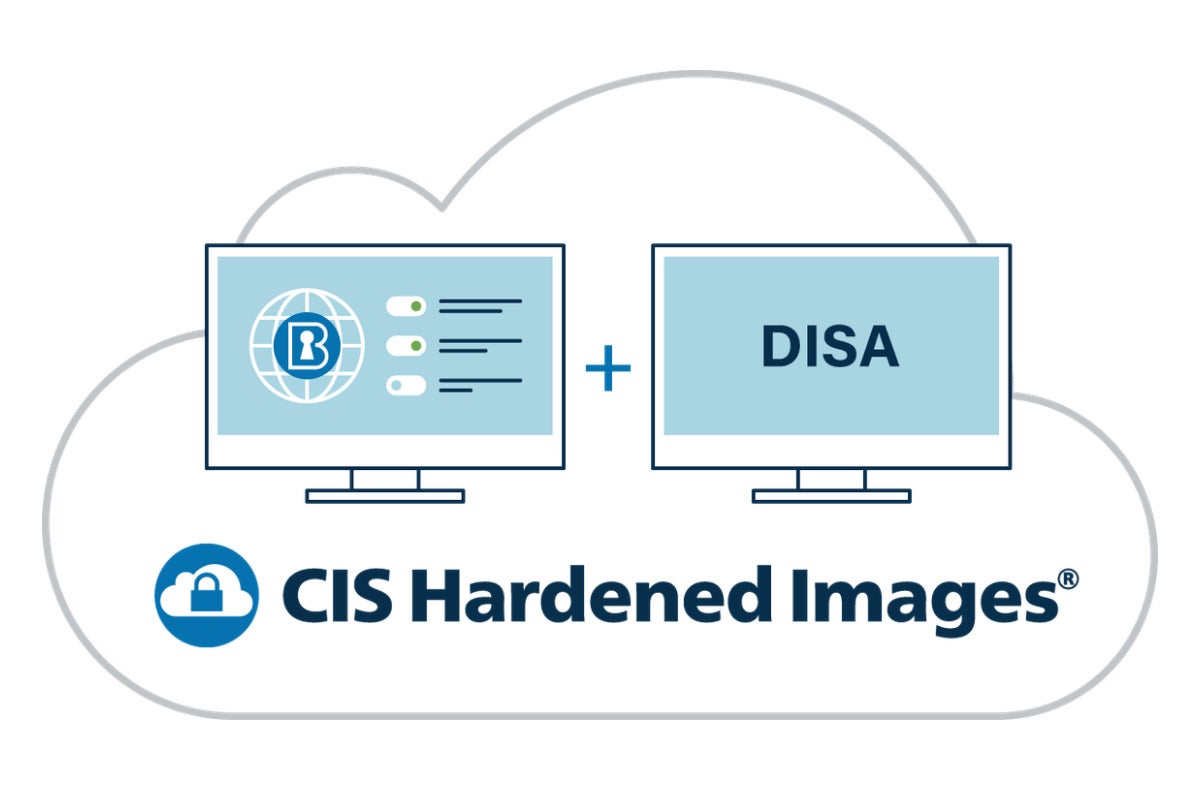‘Cloud native’ confusion continues
I’m not a big fan of tech buzzwords. Even the term cloud computing has driven me nuts at times, and of course new tech terms are created all the time.Full disclosure, I use buzzwords to communicate ideas if those buzzwords are the way the industry currently explains concepts, such as Internet of Things, edge computing, machine learning, and so forth. Some buzzwords hold on to their meaning for a longer period of time, and we eventually define them in a relatively consistent manner. [ Also on InfoWorld: Cloud lock-in is real ] That does not seem to be the case with the term cloud-native computing. If you want to go down a rabbit hole, just Google “cloud native” to see how many ways it’s defined. Little wonder there is still a lot of confusion about what is and isn’t cloud native. However, most of what we associate with cloud native has a great deal of value, such as the ability to build and deploy better systems. To read this article in full, please click here

I’m not a big fan of tech buzzwords. Even the term cloud computing has driven me nuts at times, and of course new tech terms are created all the time.
Full disclosure, I use buzzwords to communicate ideas if those buzzwords are the way the industry currently explains concepts, such as Internet of Things, edge computing, machine learning, and so forth. Some buzzwords hold on to their meaning for a longer period of time, and we eventually define them in a relatively consistent manner.
That does not seem to be the case with the term cloud-native computing. If you want to go down a rabbit hole, just Google “cloud native” to see how many ways it’s defined. Little wonder there is still a lot of confusion about what is and isn’t cloud native. However, most of what we associate with cloud native has a great deal of value, such as the ability to build and deploy better systems.





































